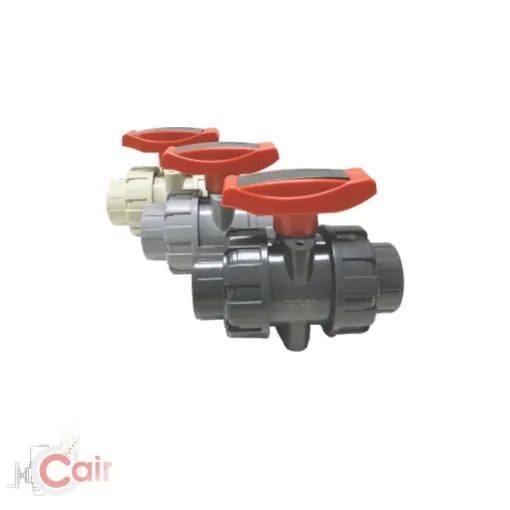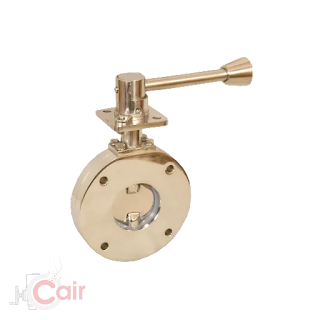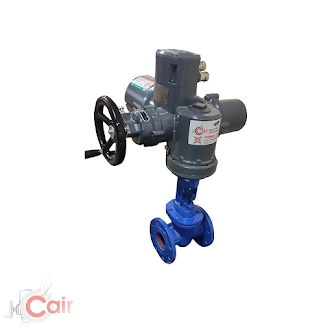The Role of UPVC Ball Valves in Water Treatment Systems
Water treatment systems play a crucial role in ensuring that the water we consume is safe and clean. Among the various components of these systems, A UPVC ball valve is often overlooked but are integral to the overall functionality. In this article, we will delve into the significance of UPVC ball valves in water treatment systems, understanding their mechanisms, benefits, and applications.
Understanding Water Treatment Systems
The Basics of Water Treatment
Before we dive into the role of UPVC ball valves, let's briefly understand how water treatment systems function. These systems are designed to purify and clean water from various sources, making it safe for consumption and other uses. The process typically involves filtration, disinfection, and chemical treatment.
Components of Water Treatment Systems
Water treatment systems comprise several components working together to ensure water quality. These components include pumps, filters, disinfection units, and, of course, UPVC ball valves.
The Significance of UPVC Ball Valves
What Are UPVC Ball Valves?
UPVC stands for Unplasticized Polyvinyl Chloride, a rigid and durable material used in valve construction. Ball valves, on the other hand, are mechanisms used to control the flow of fluids through pipes. UPVC ball valves combine the robustness of UPVC material with the efficiency of ball valve design.
How UPVC Ball Valves Work
UPVC ball valves operate by rotating a spherical disc (the ball) within the valve body. When the ball's hole aligns with the pipe, it allows fluid to pass through, and when it's turned 90 degrees, it blocks the flow completely. This simple yet effective design makes them ideal for water treatment systems.
Resistance to Corrosion
One of the primary benefits of UPVC ball valves is their resistance to corrosion. Water treatment systems often handle chemically treated water, and traditional metal valves can corrode over time. UPVC valves, however, remain unaffected, ensuring longevity and reliability.
Low Maintenance Requirements
Another advantage is their low maintenance requirements. UPVC ball valves don't require lubrication, and their smooth surfaces prevent debris buildup. This means fewer downtimes and cost savings in the long run for water treatment facilities.
Applications in Water Treatment
Where Are UPVC Ball Valves Used?
UPVC ball valves find applications at various stages of water treatment:
Inlet and Outlet Control
These valves are commonly used at the inlet and outlet points of treatment tanks. They regulate the flow of water in and out, ensuring precise control over the treatment process.
Chemical Injection
In systems where chemicals are added for purification, UPVC ball valves control the injection rate accurately. Their resistance to chemical corrosion makes them a reliable choice.
Backflow Prevention
Preventing backflow is crucial in water treatment to avoid contamination. UPVC ball valves effectively block the reverse flow, enhancing the safety of the treated water.
Conclusion
In the grand scheme of water treatment systems, UPVC ball valves may seem like small components, but their role is undeniably significant. They ensure the smooth and precise control of water flow, resist corrosion, and require minimal maintenance. Water treatment facilities rely on these valves to provide safe, clean water to communities.




Comments
Post a Comment